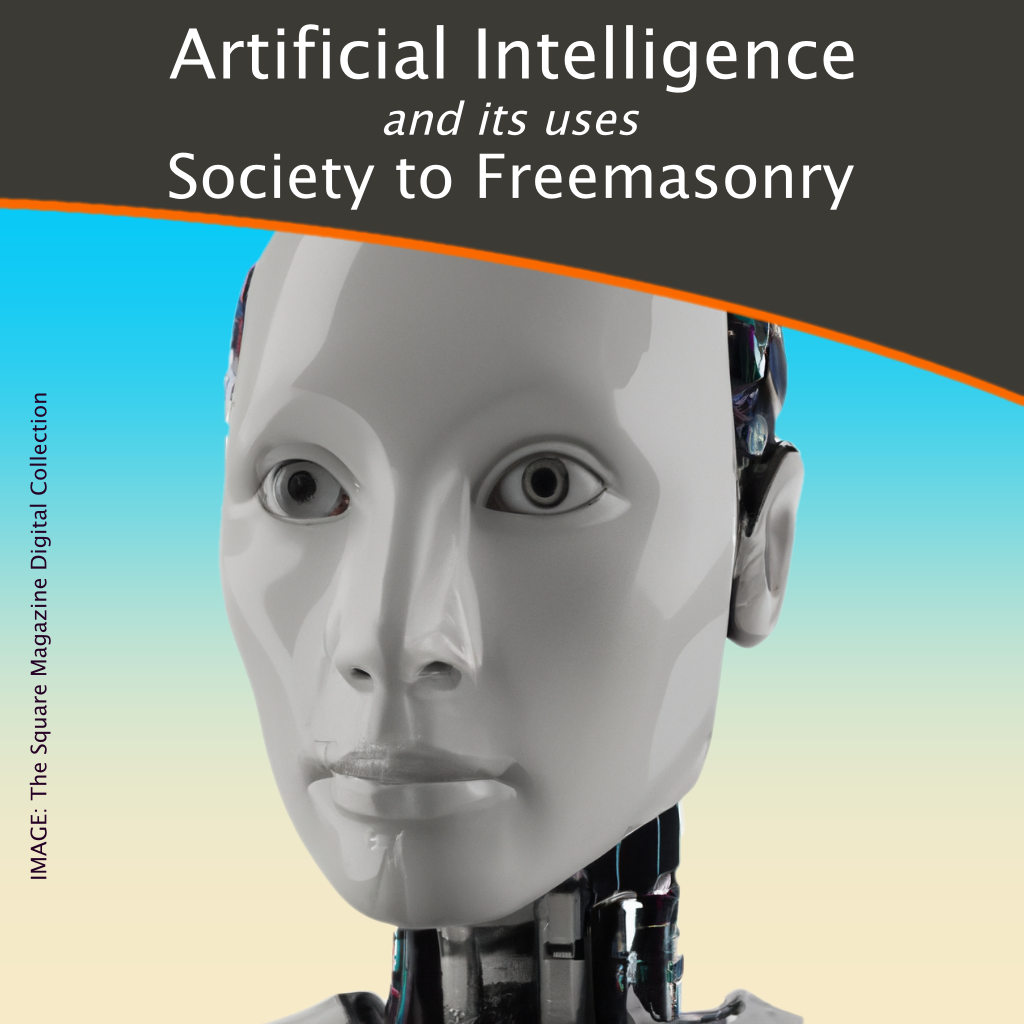A few years ago, but even more so with the advent of Covid-19, a new factor rushed into our lives and took over.
This factor is Artificial Intelligence (AI). Indeed, with the appearance of Covid-19, its applications began to be used by almost the entire population on the planet.
The result is intense reflection on its use and its effects on our daily lives.
In this article we will try to open a discussion, more for reflection, around AI. First, we will try to define what AI is.
We will then examine some of its modern applications in our daily lives, the ethical and legal issues that may arise and finally, we will discuss the possibility of its use by Freemasonry and the work it is called upon to produce.
What is AI and how is it defined? There are many and different definitions which have as their center different elements.
The Organization for Economic Co-operation and Development (OECD) defines AI “as the process of creating algorithms that can learn and reason about tasks that could be considered ‘intelligent’ as if they were performed by a human or an animal” [1].
A different and more complex definition is that of the High Level Expert Group on AI of the European Commission.
They call AI “the systems designed by humans to give the best action to achieve a given goal, acting in a physical or digital dimension, perceiving their environment through data acquisition, interpreting the collected, structured or unstructured data, reasoning with Knowledge-based or data- driven information processing.
They can either use symbolic rules, or learn a numerical model, and they can also adapt their behavior by analyzing how it affects the environment from their previous action [2].
As we predicted, the definitions for AI are constantly changing for the reason that Technology itself is changing as recent, 2020, Harvard University research has shown. For the needs of our discussion, we can use a definition that considers AI “as the science whose object is the creation of artificial and intelligent systems that can learn, reason and act” [3].
What do we need AI for? A first basic use of it is to process data in a very short period of time. Both Science and Technology daily produce vast amounts of information that the human mind would need days, if not months, of many man-hours to process.
With AI, this time becomes minimal, limiting the error of the human factor. As a consequence of this, AI plays a big role in the development of the Economy and of Society. There is the opinion that AI will have the same role as that of the steam engine during the industrial revolution [4].
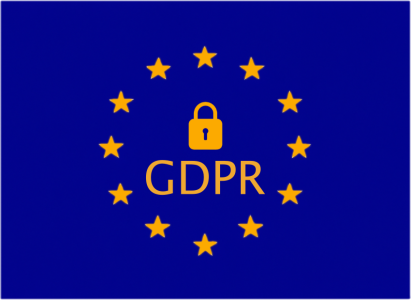
However, its use raises many questions regarding the resulting Ethical and consequently Legal side of the use. Recent research by a Canadian organization has shown that Ethics is an important Application Area of AI.
In fact, this sector is troubling the European Union (EU) more than the rest of the states. In recent years there have been many initiatives for the creation of Ethical Principles related to AI [5].
The applications of using AI are many and could be divided into several categories. In today’s presentation we will deal with four of these categories, which are directly related to our daily life. These are:
Communication and Human relations (social networks – video and audio applications – product purchases)
Work (tele-work – free time – separation of private and public time – family relationships).
Applications of Medicine (automatic diagnosis – limiting the presence of a Doctor – remote diagnoses and treatments – identification of infection vectors).
Transportation (driverless means of transport – assistance in the use of devices – speed of movement – space travel).
Applications related to human communication are currently at the forefront of society’s use of AI [6]. If to the senders of electronic messages, internet searches, and users of Social Networks we add those who use communication applications using video and audio ( ZOOM , Skype , etc.) we will realize that a large part of the world’s population is in front of an electronic device (PC, smart phone or tablet ) and is somehow conversing with another person in some part of the planet.
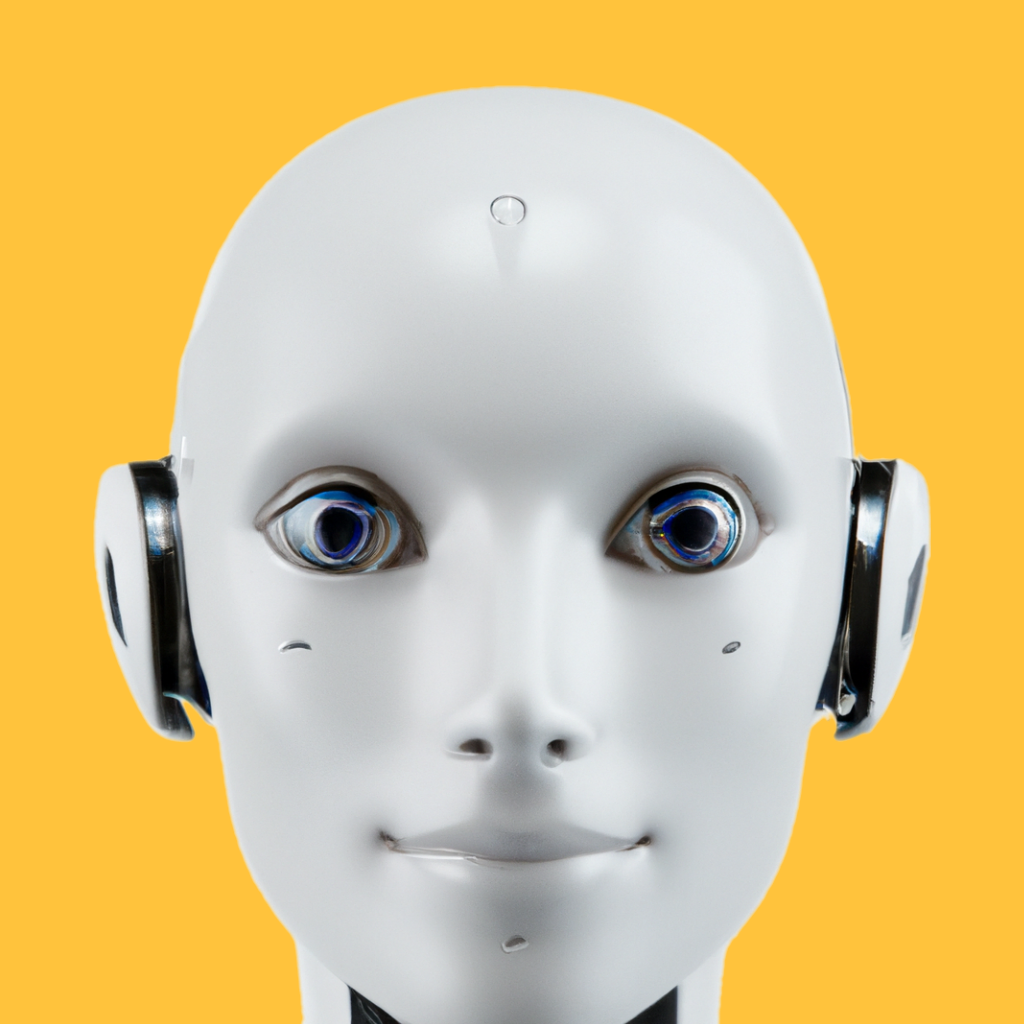
And while global communication is becoming so easy and distances are vanishing, the average person feels alone. They are without real relationships.
This kind of communication is meaningless, emotionless, creating a virtual image of the user’s character and real interests.
The ability for self-restraint has an effect on the psychology and the difficulty of actually relating that becomes apparent, resorting to substitutes that become necessary (like psychological support, etc.)
This form of communication gives the user the ability to create an image and a reality for themselves that is not true.
The virtual reality that the user presents for himself rather states the image that he, or his environment, would like to have. The result is the reduction of self-awareness and self-esteem and the projection of a false image that in many cases can be dangerous and transgressive for society.
At the same time while there is an increase in the use of sight and perhaps hearing, the senses of touch and smell are almost becoming useless with consequences for man that today may not be possible to detect.

The use of such applications makes it easy to access the market for products, increasing consumption and reducing family savings. Easy acquisition of products with non-instant cash-out methods is tempting.
But at the same time it is also beneficial because one can easily acquire a book, attend a lecture, a performance or a concert that takes place on the other side of the world and that one would not be able to see without them or would require a lot of expenses.
The use of similar purchase and research methods to acquire products enables advertising and promotion companies to create consumer needs through the promotion of specific products, which they have identified as being of interest to the user.
In this way, they intervene in the formation of the needs and in the free choice of the consumer in terms of the possibility to purchase services and products.
With the Covid-19 crisis, a new working method entered our lives. Telecommuting. Initially it was considered by many to be a pleasant experience.
They did not need to dress and move to work. Everything was done from the familiar environment.
Suddenly there was time saved from commuting that could be spent on hobbies and pleasure. And while these sounded good to our ears, we realized that all is not well done.
The work has been extended overtime because there was a communication problem and the work needs to be completed.
Mingling with the colleague from the next office and chatting over a break have disappeared. Family life became entangled with work and her needs, creating additional stress.
The private has ceased to be separated from the public and free time is now mixed between family and work obligations.
The tensions in the family become more and more intense , due to the close coexistence and the disappearance of individuality. At the same time part of the labor cost is transferred from the company to the employee [7].
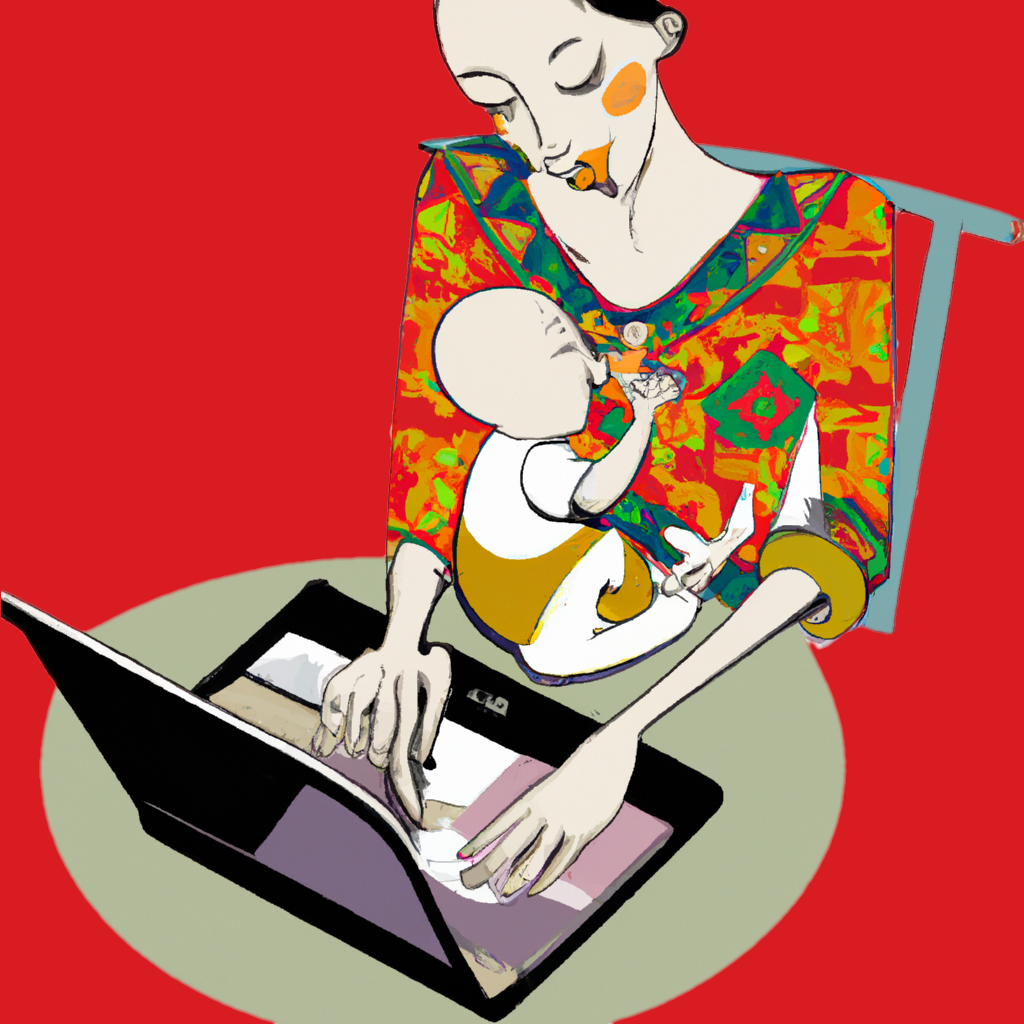
One area of Science in which AI has application is Medicine. We will deal with it due to the topicality of the issue. The most important forms of application are:
Medical Decision Support (The medical diagnosis of Health scientists is supported by Diagnostic tests and Therapeutic proposals).
Learning (Physicians use AI to detect and directly address relevant medical issues that arise based on existing empirical data).
Human Speech Recognition (Applications that can accept words or sentences of continuous speech. In this way the doctor asks questions directly in his natural language and gets answers to medical issues using a Database.
Pattern Recognition (Where the processing and recognition of a digital image is compared with the stored images of the PC, automatically identifying significant deviations from normal.
Robotic medicine (With machines that measure patients’ biometric data or perform delicate medical procedures, limiting human error and patient suffering. [8]
There is no doubt that AI has contributed a lot to Medicine with its help, for example, with patients in remote and hard-to-reach areas that now can have basic medical assistance.
Nevertheless, we must not forget that each human organism is a special case and its reaction to stressful situations differs from person to person.
For this reason, we consider the human factor essential in diagnosis and treatment, who must have the final judgment. But apart from this the strict following of protocols reduces the medical thinking of the Health scientist.

Recently, however, on the occasion of Covid-19, various governments and organizations are trying to impose the implementation of programs to control the behavior of citizens, in the context of limiting the spread of the disease.
They are preparing to implement, and are implementing, measures that turn every citizen’s right to privacy and choice into an obligation to report and obey.
They take away one more right to our own life and the choice of how we will live it. They mandate a certain way of behaving and dealing with any health problems that may arise from the disease. In this way you make a public issue the possibility we have in the treatment we decided and not the one that the “experts” recommend.

Big Brother gradually and perhaps initially with our consent, enters our lives, through the back door of fear in front of the disease.
Privacy, freedom of movement, medical confidentiality, in-person education and employment rights are suspended under the pretext of protecting public health.
As the journalists Maria Dima and Giota Tessi emphasize, “The new rules are implemented through Acts of Legislative Content, the bans are announced on television and apply from the next minute and we have the choice to comply or be punished.
The consequences of the new normal are too early to be recorded, but it is now certain that privacy is among the victims of Covid-19, and this poses huge risks for the day ahead” [9].
Finally, a field of application of IT that is developing rapidly in the last period is that of transport.
The car and Public Transport without a driver, the possibility of parking without the participation of the driver, trip computers and fault detectors are some of its applications.
But the question that arises is how much these make the movement safer and more pleasant.
For example, who will be responsible and legally liable for compensation when a self-driving vehicle injures a pedestrian or damages another car: The driver, the manufacturing company, the company that produced the AI device, or the programmer? Can the pleasure of driving on a journey be replaced by the supposed convenience?
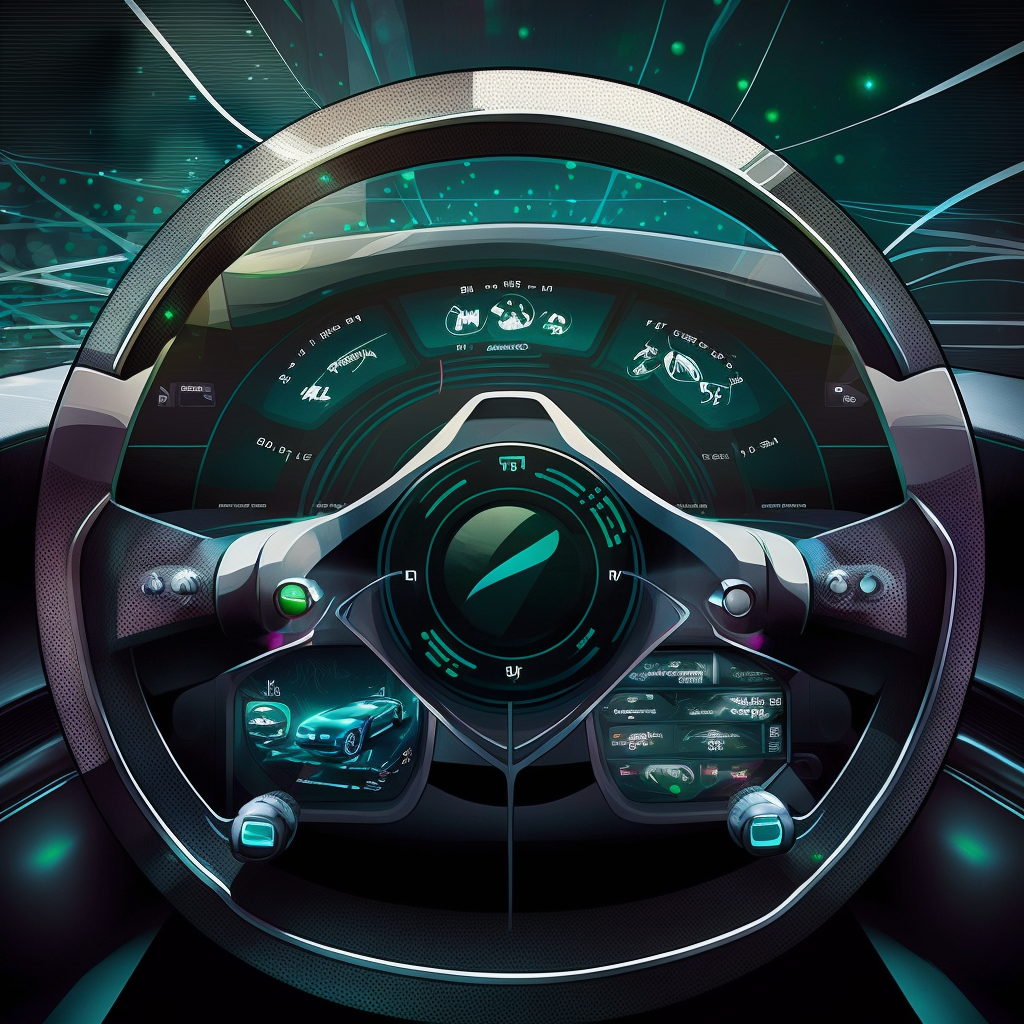
Already with what we have mentioned we have presented some ethical, legal and rights issues arising from the use of AI. We can briefly address some related questions, citing my personal opinion for discussion:
Is AI a public good? Should there be control and by whom, or should there be self-regulation? The answer is that it is a public good and its control should be exercised based on rules that citizens formulate through their institutions through referendums, without violating their basic rights.
Is the internet a public good or should its posts be censored? It is a public good and access should be free to all. Censorship of any kind is not allowed except for pedophile, racist, homophobic posts and in matters concerning the ideology and private life of the individual [10]. Final condemnation of a post for such issues should lead to its withdrawal and non- reproduction . An important issue that needs to be considered by more experts is that of the “right to be forgotten”.
Can there be rules of operation of AI that violate the Constitution, Laws and rules of law? Absolutely NO. Statutory Human Rights, the various Charters of Human Rights, the legal framework of any State or association that does not violate or limit them must dominate its operation. The development of the value framework of its use cannot be other than anthropocentric with its positive application to society and the environment.
Can the Knowledge that exists in the AI environment circumvent the rights of its creator? Absolutely NO. However, the creator of Knowledge cannot appropriate it exclusively, excluding other scientists or citizens from its access.
One area of our activities that has been affected by Covid-19 is Masonry. With its appearance, almost all our actions were suspended and we moved away from our Lodges. But at the same time, AI has given us new work tools which, if we use them without hesitation, can make Masonic Work more efficient and effective. I will refer to three types of action.
Administrative Work: AI gives us the possibility to be without exclusions Brothers which are located far from the administrative center.
Through its applications Brothers can participate in the Great Assemblies, the Council of General Affairs and the Committees without incurring any costs. Already many Masonic Bodies use AI in this way.
But in no case should its use limit the dialogue and the exchange of views in the various institutions so that the decisions are as correct as possible.
Lodge Sessions. The AI enabled the members of the Lodges to meet by holding ‘informal’ sessions.
My opinion is that something like this should be institutionalized by drawing up a standard for online sessions.
At the same time, the differentiation of the existing standard for the regular sessions of the Lodges is imperative.
In the new standard the concept of ‘housing’ is now outdated. The reference to points and words without value.
We all know each other and know that we are Masons. We don’t have to prove anything.
At the same time, the existence of AI tools, such as cameras and microphones, will be able to transmit, through the Internet, the work at long distances where there are members of the Lodge who are unable to attend the work physically.
AI has enabled us to communicate, today informally, with members of other Masonic forces around the World and to exchange ideas and thoughts about Masonry.
At a later time this can be done officially. In this way Freemasons from all over the World can meet, bypassing barriers of the past such as recognition, normality and female Freemasonry.
With AI, willingly or not, Freemasonry is “modernized” and becomes more flexible in the relations between the Brothers and their organizations.
Such a practice, however, also entails increased risks for the very cohesion of the members of the Graft or the Lodge.
Its abuse can limit the development of true brotherly relationships that only close contact can create and develop.
The expression of feelings that Brothers can exchange with each other in personal contact is not easy to develop in an online environment, which no matter how we do it is ‘colder’.
The emergence of Covid-19 introduced us to the applications of AI in our Masonic work. It is up to us whether we will use them productively or by remaining in old methods contribute to the shrinking of the Graft.
In a constantly changing World Freemasonry cannot be attached to past methods and practices. It is our obligation to renew our tools and see it with the eyes of a person of the 21st century.
Sterile obsession with an unknown origin of traditional and typical ways is of no value to the true workers of the Art. They seize the opportunities that the new conditions present and adapt their practices to them, taking advantage of the positives and limiting the negatives as much as possible.
For many an integration of AI into our work, with the necessary modifications to our practice and formalities, is an innovation something that goes against our principles and rules. Nothing more insincere.
Masons many times in the past innovated by introducing new habits and practices into their work. I mention some of them. The introduction of the Chiramic Myth, the transfer of their work from the taverns and pubs to the buildings of the Lodges, the introduction of electronic mail in place of letter writing.
Just as AI is not a panacea or a disaster and the result depends on its use, so its application in Masonry will be beneficial and not counterproductive if the Brothers apply it constructively.
All Images supplied byThe Square Magazine
Footnotes
Bibliography
- Maria Dima, Yota Tessi , “The Big Brother entered our life through the back door”. Editors’ note 10.05.2020 at https://www.efsyn.gr/themata/thema-tis-efsyn/242622_o-megalos-adelfos-mpike-sti-zoi-mas-apo-tin-piso-porta :23/8 /20 19.40.
- Xenia Ziouvelou , Online talk on ” Artificial Intelligence : Ethical & Strategic Perspectives » in the online discussion on Artificial Intelligence: Ethics & Institutional Framework at https://www.blod.gr/lectures/texniti-noimosini-ithiki-thesmiko-plaisio-ds/
- B. Kostopoulou. (2004) Artificial Intelligence in Health, Master thesis, TEI Kalamata.
- E. Scaripa E, (2008), Teleworking as a flexible form of work, National School of Public Administration.
- CNN Greece , ” Facebook : Daily users of the platform exceeded 1.62 billion” at https://www.cnn.gr/tech/story/195728/facebook-xeperasan-toys-1-62-dis-oi-kathimerinoi -xristes-tis-platformas .
- https://www.worldometers.info/gr/
- https://www.naftemporiki.gr/story/1628524/i-texniti-noimosuni-boitha-ti-leuki-apoikiokratia : 26/08/20 13.00
Reference
[1] Xenia Jewel , Online speaking with topic “Artificial Intelligence: Ethical & Strategic Perspectives” in the online discussion on Artificial Intelligence: Ethical & Institutional Framework at https://www.blod.gr/lectures/texniti-noimosini-ithiki-thesmiko-plaisio-ds/
[2]Ibid
[3]Ibid
[4]Ibid
[5]Ibid
[6]According to CNN, daily Facebook users exceed 1.62 billion : see CNN Greece , ” Facebook : Daily users of the platform exceeded 1.62 billion” at https://www.cnn.gr/tech/story/195728/facebook-xeperasan-toys-1-62-dis-oi-kathimerinoi -xristes-tis-platformas . Internet users worldwide are over 4.5 billion. In one day, more than 213 billion electronic messages were sent, while through the Twitter application more than 635 million : see https://www.worldometers.info/gr/ :18/8/20 – 19.19
[7] E. Scaripa E, (2008), Teleworking as a flexible form of work, National School of Public Administration. Chapter 3.
[8]Kostopoulou V. (2004) Artificial Intelligence in Health, Master thesis, TEI Kalamata.
[9]Maria Dima, Yota Tessi , “The Big Brother entered our life through the back door”. Editors’ note 10.05.2020 at https://www.efsyn.gr/themata/thema-tis-efsyn/242622_o-megalos-adelfos-mpike-sti-zoi-mas-apo-tin-piso-porta :23/8 /20 19.40
[10]The existence of racist practices in IT applications has recently been identified by Cambridge University research calling them “white colonialism”. At https://www.naftemporiki.gr/story/1628524/i-texniti-noimosuni-boitha-ti-leuki-apoikiokratia : 26/08/20 13.00
Article by: George Boussoutas Thanasoulas

George Boussoutas Thanasoulas holds a Master's Degree in Public History, and Modern Greek History.
He has written five books and four monographs. His texts have been included in collective volumes and articles published in various journals.
George is a Past W. Master of Attikos Astir Lodge Nr. 139 of the Grand Lodge of Greece, Past President of the Council of General Affairs of the National Grand Lodge of Greece and Past W. Master of the Research Lodge of Isis Nr. 9 of the National Grand Lodge of Greece.
Website: www.bousoutas.gr
Recent Articles: membership
 A Rose by any other Name may not be the same Explore the profound distinctions between conferred and transmitted Masonic degrees with Bro. Scott Wisdahl. Delve into how presentation quality, personal impact, and setting shape these rituals, and consider the potential for digital adaptations in modern Masonic practices. Join the discussion on enhancing the Masonic journey and preserving its essence. |
 Progression through the Degrees; a Rite or a Privilege? Exploring the layered journey of Freemasonry, Matt DA Fletcher probes the essence of progression—whether it's a mere rite or a privileged path. Delve into a nuanced perspective where every degree is not just a milestone but a fraction of a grander continuum. |
 Quantity vs Quality within the world of Freemasonry Dive into the compelling debate of quantity vs quality within the world of Freemasonry. Discover the transformative focus on attracting members aligned with the institution's values, promising not only growth but quality growth. High-value individuals assure sustainable development with their commitment to serving the brotherhood. |
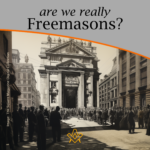 Maybe Freemasonry has opened its doors too wide. Perhaps some have not understood that the survival of Freemasonry in order to achieve its sublime purpose lies not in the number of members it has, but in their quality. Maybe we need less members and more Freemasons. Less men in Freemasonry and more Freemasonry in men. |
 What is ritual and why is it important? P1 Delve into the profound world of Freemasonry rituals and their significance. This insightful piece unravels the underlying importance of rituals, their impact on participants, and the transformative power they hold. Uncover why these centuries-old traditions remain integral to Masonic practice today. |
 Could Freemasonry be helpful for young men? Unravel the Masonic Brotherhood: Could Freemasonry be the antidote to modernity's challenges for young men? Dive in as we explore the Masonic world, its principles, camaraderie, and how its traditional rituals could help forge stronger identities in an increasingly complex world. |
 Discover the remarkable benefits of Lodge Meetings on your well-being. From fostering connections to combating stress, learn how these male-oriented gatherings offer an antidote to anger, hunger, isolation, and exhaustion. Dive into the power of shared experiences, understanding, and camaraderie. Your key to improved mental health awaits inside. |
 Tutorial for a Worshipful Master Unlock the Secrets to Leadership Mastery in our Worshipful Master's Tutorial! Brother Antonio Biella shares step-by-step guidance for Masonic Lodge leaders on honing their roles, duties, and future vision. Discover how to drive growth and engagement in your Lodge, setting ambitious goals and inspiring member participation. |
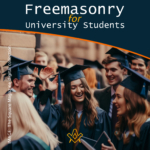 Freemasonry for University Students What are social skillset challenges facing students when they graduate from university ? |
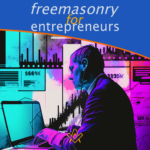 How the Core Values of Freemasonry; Brotherly Love, Relief and Truth Can Be Applied to Improve Productivity For Entrepreneurs |
 Why I became a Freemason: a personal journey of self-improvement Salik Tariq shares his reasons for becoming a Freemason – a journey of self-improvement, finding a community, and personal growth. |
 Freemasonry: Coming out of the Cloisters This paper examines the fundamental tensions on the lines of religion, gender and political ideology that exist in some jurisdictions of Freemasonry. It is on the first of these, religion, on which he makes an initial and exploratory focus. - by Gerald Reilly |
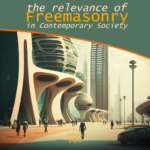 The Relevance of Freemasonry in Contemporary Society The role of Freemasonry in contemporary society is an indispensable one. Despite the challenges and misconceptions it faces, the organization remains steadfast in its humanitarian pursuits and commitment to personal growth and self-betterment. Through its efforts to evolve and adapt to the changing needs of its members and the world, Freemasonry continues to be a vital force in shaping a better future for all. |
 Has Freemasonry managed to revive and thrive after the darkness of the Pandemic? Robert Lomas gives us some (promising) insights. |
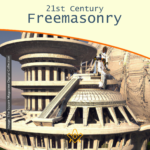 21st Century Freemasonry – a Sign of the Times? A recent article in The Times of London highlighted the dilemma 21st Freemasonry is facing. In this article one Master Mason shares his views of the strengths, and the challenges of modern Masonry. |
 A concept that is both based on our Freemasonic rituals and what we understand as teamwork. This article by Chris Batty examines why teamwork in the lodge is the network that binds us. |
 Lebanese Freemasonry has been both witness to and sometimes participants in turbulent events and forces, which shaped and influenced their world. |
 Is a Masonic Tradition Necessary? Dealing with Masonic tradition is a complex subject that requires careful analysis in order to reach a balanced point on the best etymological definition and the set of discourses and practices, which often end up being presented as such, without, however, presenting bases that support them, often serving only as a discourse that restricts and controls the masses. Fernando Rodrigues de Souza debates this complex subject. |
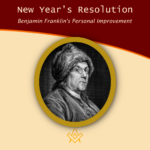 New Year's Resolution with Benjamin Franklin's Personal Improvement Are you ready for a new year's resolution challenge ? To accomplish his life’s goals, at 25 ( around 290 years ago ), Benjamin Franklin developed and committed himself to a personal improvement program that consisted of 13 virtues. You are invited to join me in practicing his daily routine for 2023. |
 The Alberta Masonic Higher Education Bursary Fund is to help the next generation of Albertans, our children and grandchildren, to obtain the education they need to lead successful lives and contribute to the welfare of mankind. As you can see from this little lesson of our history, education is truly a Masonic obligation. |
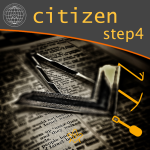 To be a Better Citizen of the World: Step 4 A value proposition for Pure Ancient Masonry as defined in terms of Citizenship; the allegories, symbolism and lessons are a blueprint for all Freemasons to be a better citizen of the world. |
 To be a Better Citizen of the World; Step 3 A value proposition for Pure Ancient Masonry as defined in terms of Citizenship; the allegories, symbolism and lessons are a blueprint for all Freemasons to be a better citizen of the world. |
 In connection with recent article about Freemasonry in the metaverse, we look at how an Egregore applies to Freemasonry in a digital world |
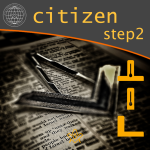 To be a Better Citizen of the World; Step 2 A value proposition for Pure Ancient Masonry as defined in terms of Citizenship; the allegories, symbolism and lessons are a blueprint for all Freemasons to be a better citizen of the world. |
 There are many brotherhoods in the world, and Freemasonry is one of the most significant and successful of them all. This article will be the focus two questions: the importance of brotherhood ? and is there room for improvement in Freemasonry? |
 Intergenerational relations in Masonry: challenges and possibilities Backed with scientific research, Professor Luiz Neto and Professor Alexandre Braune investigate the Intergenerational relations in Freemasonry and explores the challenges and opportunities. |
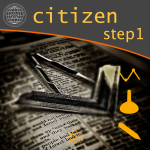 To be a Better Citizen of the World; Step 1 A value proposition for Pure Ancient Masonry as defined in terms of Citizenship; the allegories, symbolism and lessons are a blueprint for all Freemasons to be a better citizen of the world. |
 The Masonic Temple is a platform where both Freemasons and non-Masons, enthusiasts of real art and spiritual growth, connect to the new world of the metaverse. A Freemasonry in the metaverse project, based regular freemasonry principles. |
 Opportunity to fix the Sussex fudge Is there a value proposition for members, that under English Constitution Freemasonry, we have a 4 part offering; Entered Apprentice, Fellowcraft , Master Mason and Companion, conducted in a single craft lodge ? |
 Value Proposition of Freemasonry In addressing declining lodge membership and lack of attendance, we need to assess the value it offers to members. What is value, and what does it mean to you? |
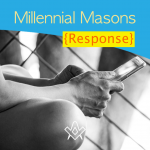 What is a 'Millennial' and what do they want from Freemasonry? You'll be surprised at the answers. |
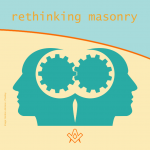 Let us help answer a fundamental question, from a confused newly raised brother asking “What does it all mean and where do I go from here?” |
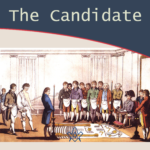 Written in 1930, much of the advice is still relevant today - although some may provoke further thought or debate! |
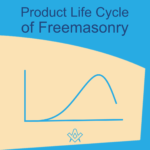 Product Life Cycle of Freemasonry An inconvenient truth about the product life cycle of Freemasonry |
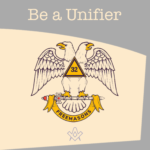 Freemasonry is local. This is where we need to start. We start with our Facebook friends, our neighbours, our colleagues, our lodges… |
 Freemasonry in the time of pandemic The Rule of Six. Localised lockdowns. Second wave? What do we do now?! The answer is simple - engage with members, promote Masonic education and get thinking outside the lodge. |
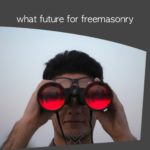 The current functioning of the Masonic movement has some positive aspects and others that are blatantly backward and counterproductive. |
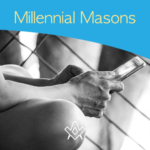 What is a 'Millennial' and what do they want from Freemasonry? You'll be surprised at the answers. |
 How to improve your Lodge Membership Marketing Program. |
 The Anti-Social Impact of Social Media The 'dark side' of social media and its negative effect on our mental health |
 If Freemasonry cannot meet, is this an opportunity to make a change to how we do things? |
 Has your lodge accepted an unknown candidate from the internet? Third in a three-part series looking at the process to accepting candidates via the internet |
 Is the brother of a brother a brother ? Rights to visit - recognition and regularity re-evaluated. |
 The second article in the Unknown Candidate series - Outlining the social media marketing process to attract the unknown candidate to make that first enquiry |
 Ask a random Freemason the purpose of Freemasonry and the likely response will be to “make good men, better”. Research undertaken by James Justin Davis Pennsylvania Academy of Masonic Knowledge. |
 Has your lodge accepted an unknown candidate from the internet? First in a three-part series looking at the process to accepting candidates via the internet |
 Mental Health - Raising its awareness and how we as Freemasons throughout the entire UK can help our fellow brethren and their families when they need it. |
 Share one thought why freemasonry is relevant today - Open question posted on Facebook with a very wide range of responses from Brethren across the globe |
 The Tipping Point of Freemasonry Why do brothers lose interest in Freemasonry and what can we do to get that spark back? At what moment did our own thoughts begin to waver? |
masonic knowledge
to be a better citizen of the world
share the square with two brothers

click image to open email app on mobile device



